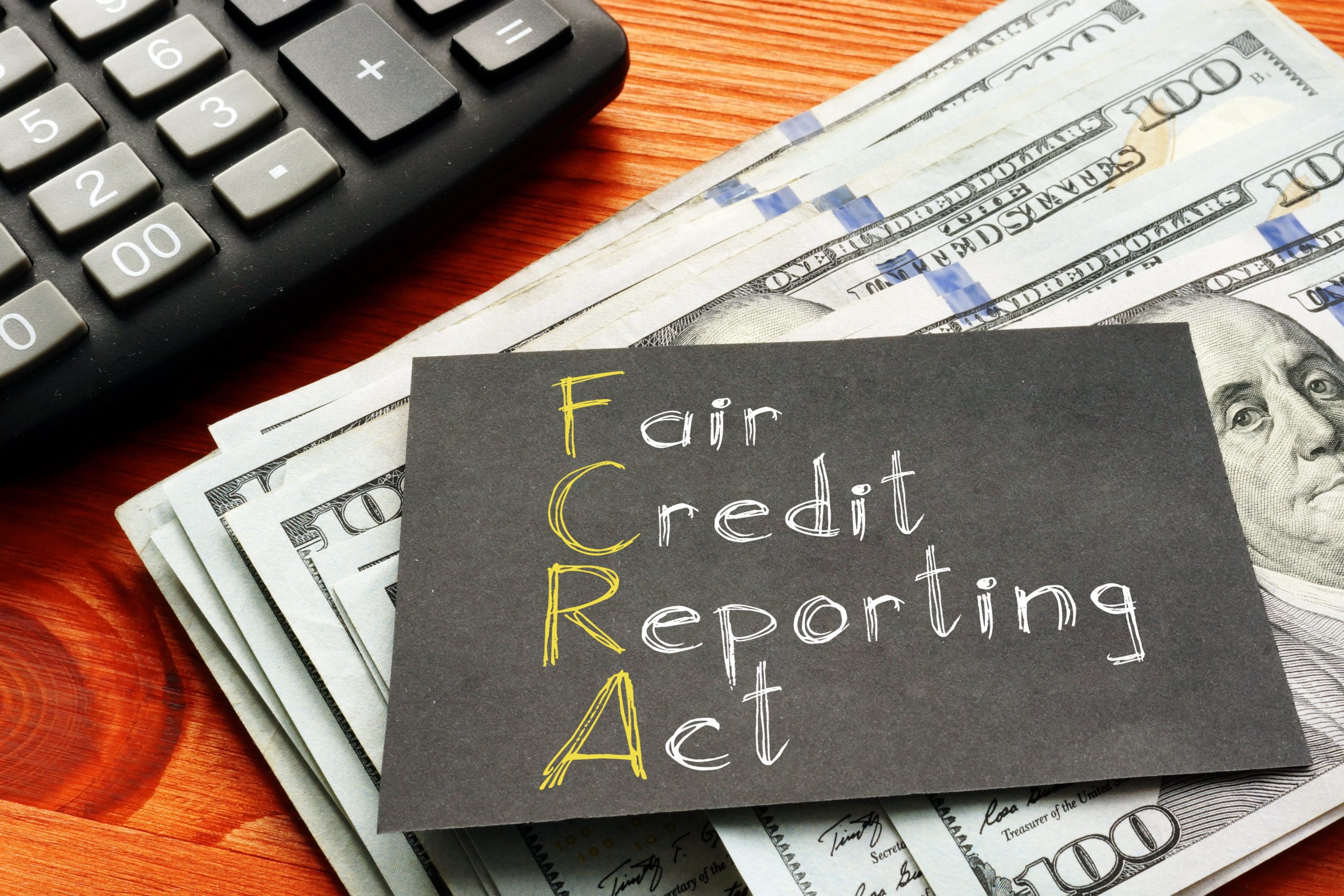Fair Credit Reporting Act (FCRA)

The Fair Credit Reporting Act (FCRA) is a federal law that regulates the collection, dissemination, and use of consumer credit information. It was enacted in 1970 to protect consumers from inaccurate or biased credit reporting and to provide them with more control over their personal credit information.
The FCRA applies to credit reporting agencies (CRAs), also known as credit bureaus, which are companies that collect and maintain consumer credit information. The three main credit bureaus in the United States are Equifax, Experian, and TransUnion. The FCRA requires CRAs to follow certain rules when collecting and reporting credit information, including:
- Obtaining consumer consent before accessing their credit information
- Ensuring that the information they report is accurate and complete
- Verifying the accuracy of any disputed information before reporting it
- Providing consumers with a copy of their credit report upon request
Under the FCRA, consumers have the right to access their credit reports and dispute any errors they find. If a consumer finds an error on their credit report, they can file a dispute with the CRA. The CRA must then investigate the dispute and, if necessary, correct the information on the credit report.
The FCRA also regulates how credit information can be used by lenders and other entities. For example, lenders are required to provide consumers with a written notice before taking adverse action (such as denying a loan application) based on information in their credit report. This notice must include the name, address, and phone number of the CRA that provided the credit report, as well as information about how to request a copy of the report and dispute any errors.
In addition to regulating credit reporting, the FCRA also imposes certain requirements on employers and landlords who use credit reports in their hiring or rental decisions. Employers and landlords are required to obtain written consent from the consumer before accessing their credit report and must provide a notice if adverse action is taken based on the credit report.
Overall, the FCRA is a important consumer protection law that helps to ensure the accuracy and fairness of credit reporting in the United States. It gives consumers the right to access and dispute their credit reports, and it regulates how credit information can be used by lenders, employers, and landlords.
For more information on credit reports and understanding your credit score, speak with an Americor professional today.